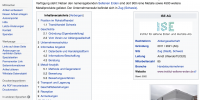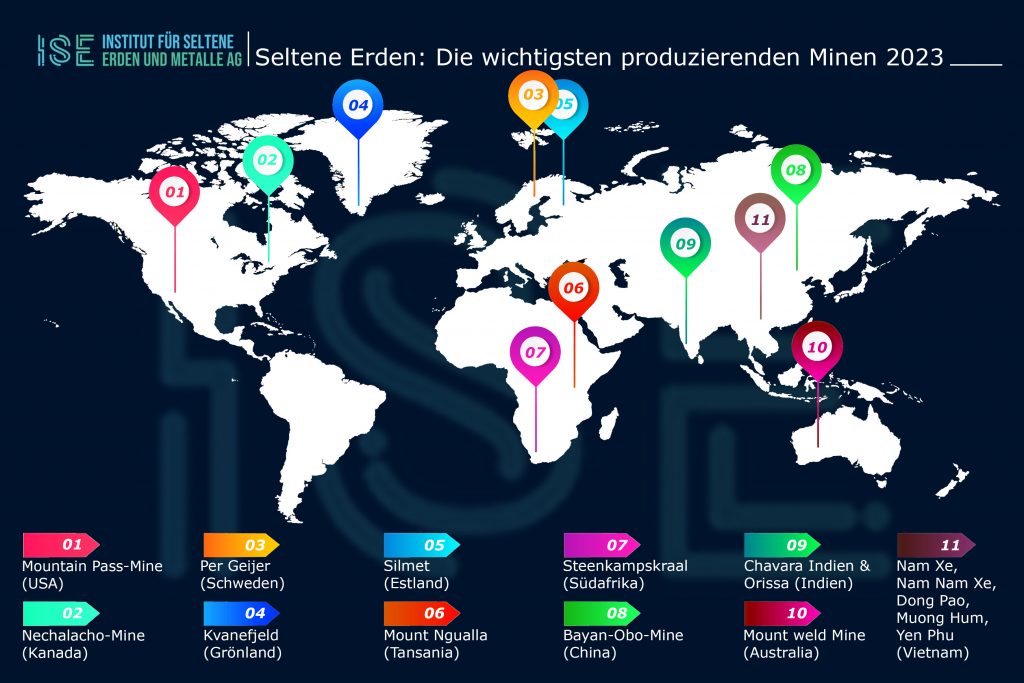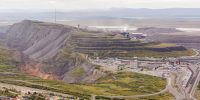Blandina Mangelkramer Communication and press
Friedrich-Alexander-University Erlangen-Nuremberg
FAU scientists want to recycle the valuable substances with the help of algae
The sustainable use of resources, such as rare earths, is a central issue when it comes to a variety of high technologies, which are used among others in the context of renewable energy. Since rare earths are very expensive to isolate and are currently offered almost exclusively by China in the market, the development of intelligent and environmentally friendly recycling methods is of great importance for the industry. The Friedrich-Alexander-University Erlangen-Nuremberg (FAU) has developed a method that can be used to extract the elements of rare earths from industrial wastewater, which originate from mining waste from mining activities, in an environmentally friendly manner.
The use of rare earths is of great importance not only for the IT and consumer electronics industry, but also for the production of wind and solar power plants and thus for the implementation of the renewable energy concept of the Federal Government. Within Germany, the state of Bavaria has one of the highest densities of companies in the chemical, metalworking and special technology sectors, all of which are also active in the renewable energy sector. The Bavarian State Ministry for the Environment and Consumer Protection therefore supports the further development of a procedure developed by the FAU with 380.000 Euro. Bavarian Environment Minister Ulrike Scharf visited 12. December 2014 officially handed over the permit to the scientists in Erlangen and visited the research facilities.
Prof. Dr. Rainer Buchholz, who heads the Department of Biochemical Engineering at FAU, has been experimenting with various types of microalgae for a decade. His work focuses on extracting valuable algae from algae, which can be of benefit to humans - from use in medicine to food production. In the course of these experiments, indications have emerged that metal ions from dilute solutions can be excellently docked on the surface of microalgae. As part of the funded project, the Erlangen researchers therefore want to develop a process for the economic and ecological value metal extraction with a specific focus on rare earths, which differs fundamentally from the established bacterial processes: For the first time, it relies on a geo-technological approach to sustainable resource security. Microalgae can be produced far more cheaply compared to bacterial systems because they do not place high demands on the environment and nutrition. Initial results also show that metal binding works even with dead algae. This makes uncomplicated use possible in practice. As part of the project, the scientists headed by Prof. Buchholz want to test how metals can be recovered from the resulting laden algae biomass.
As part of the granting of the permit in Erlangen, Minister of the Environment Ulrike Scharf reiterated her request: "We need a turnaround on raw materials. Today's waste is the raw material of tomorrow. The goal is clear: we want to reduce the use of new raw materials and recover valuable raw materials in the best possible way. The depletion of nature is at the expense of future generations. "
Prof. Dr. Rainer Buchholz: "Microalgae are a very promising research object - we have been able to detect this again and again in the investigation of a wide variety of questions. Whether for the extraction of raw materials or the better use of solar energy - as biochemical engineers we try to exploit the excellent properties of microalgae for society. We are confident that this will also be possible for the rare earth recycling process. "
Further information:
Dr. Andreas Perlick
Tel: 09131 / 85 23018-
[email protected]
Source: http://www.idw-online.de/pages/de/news618059





